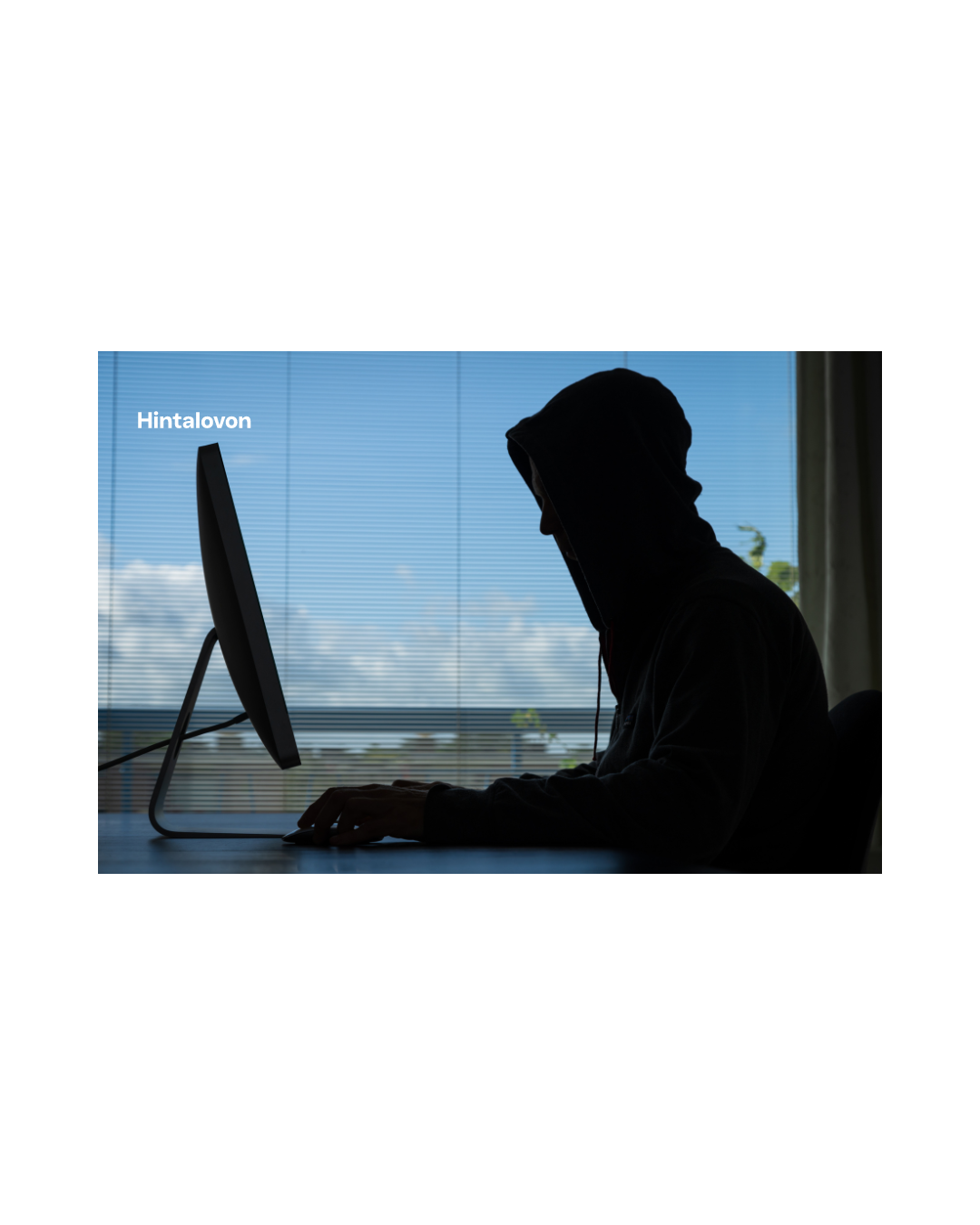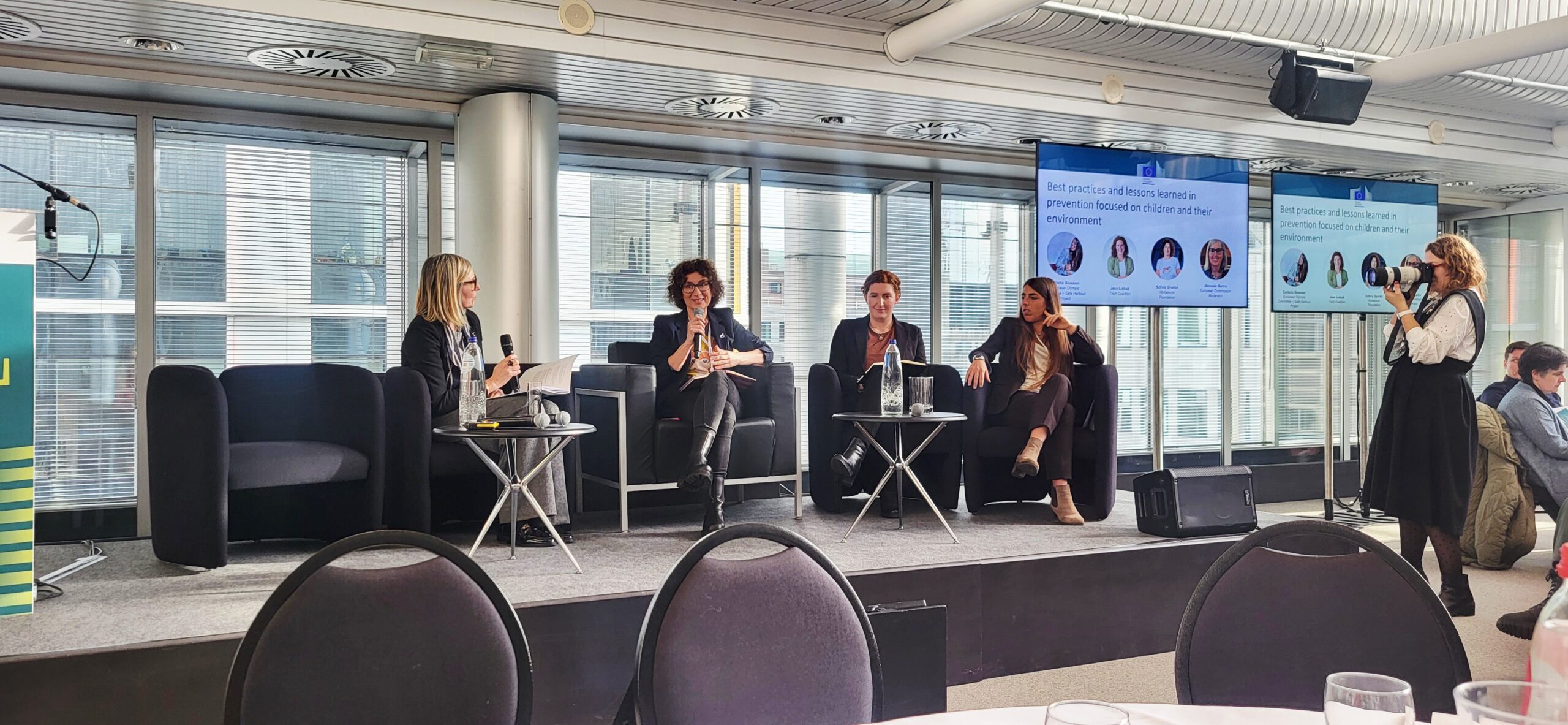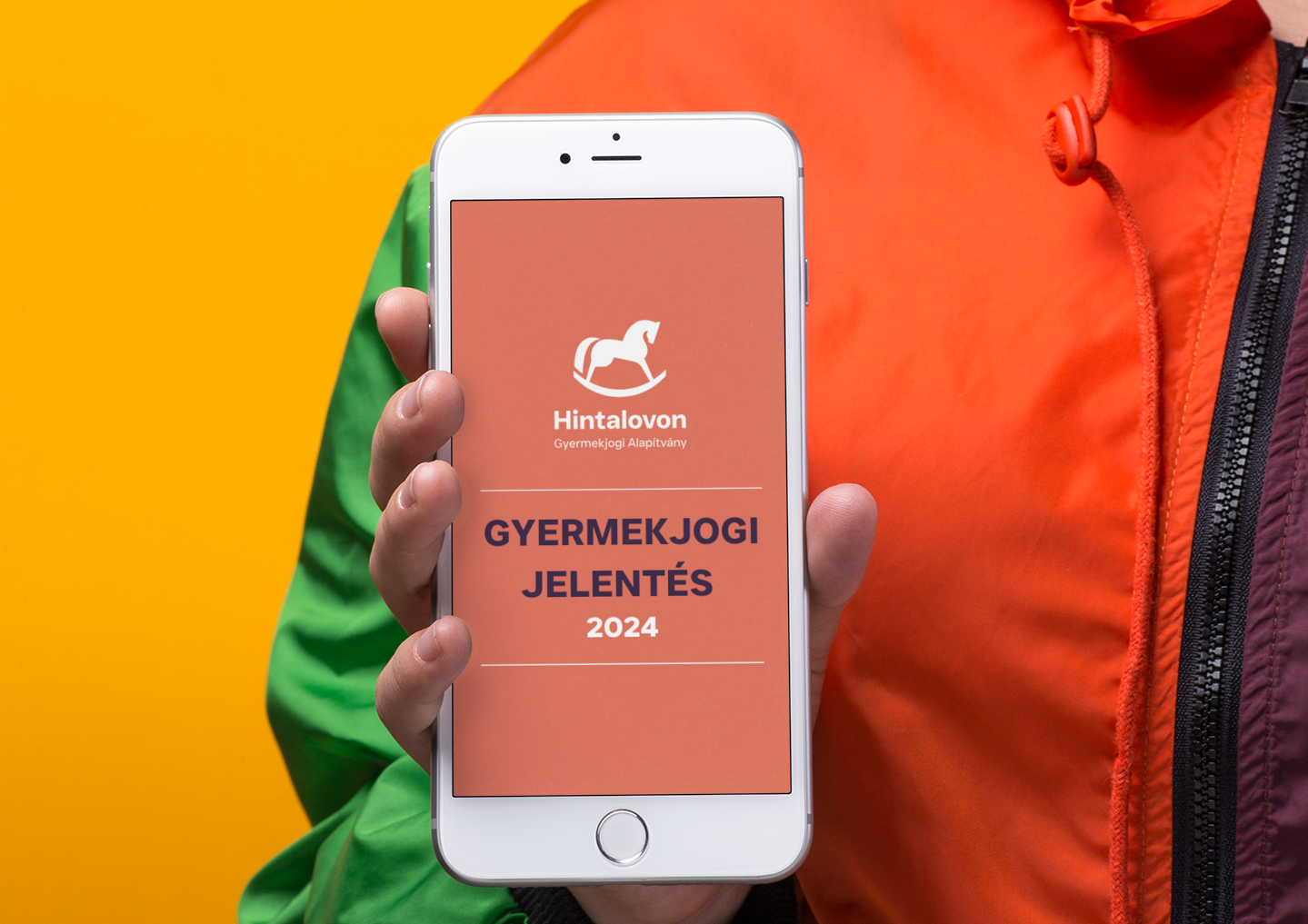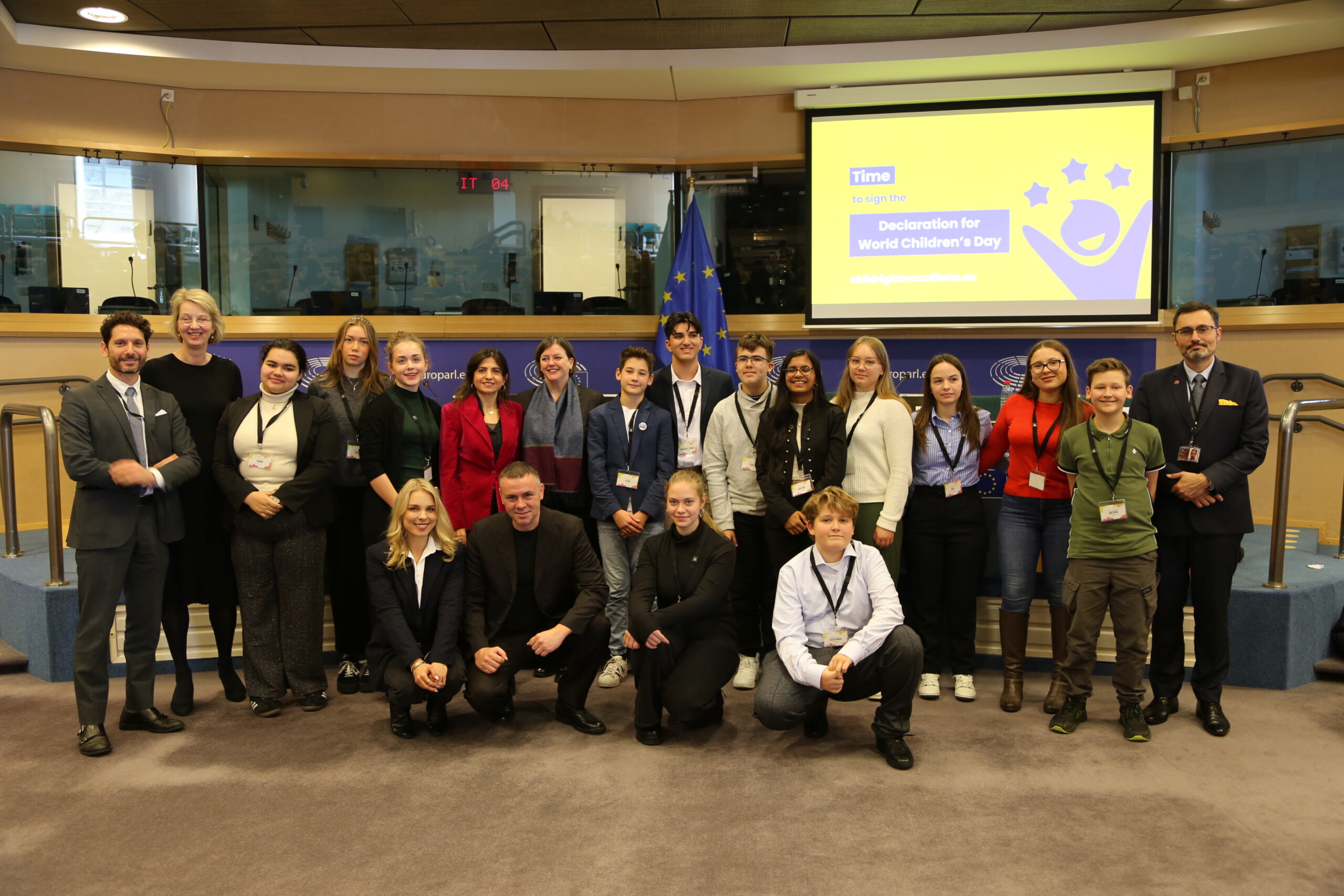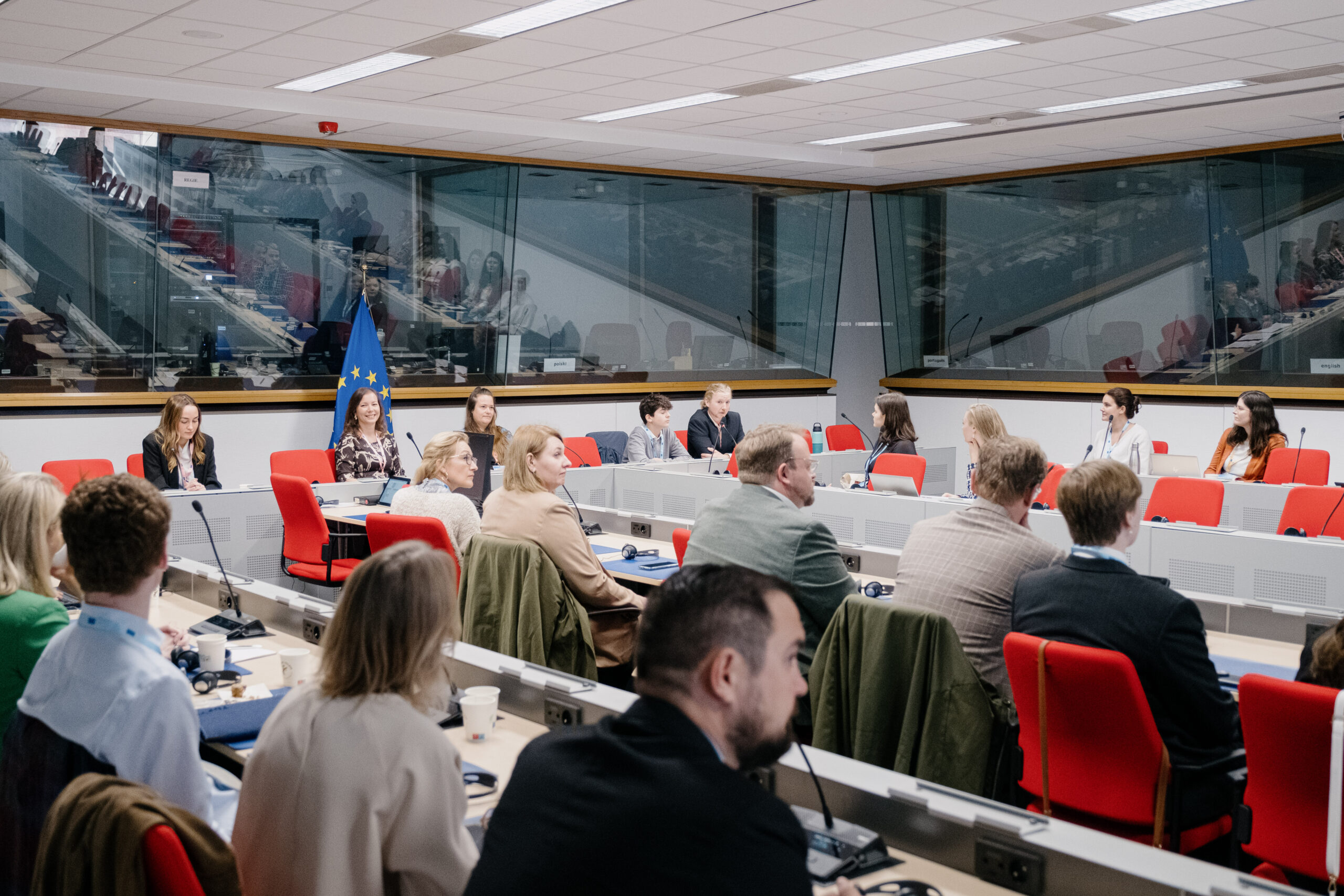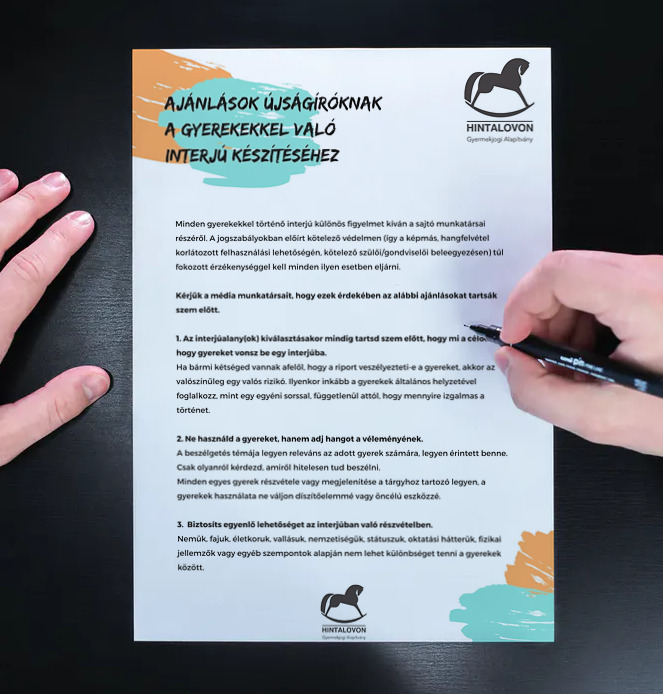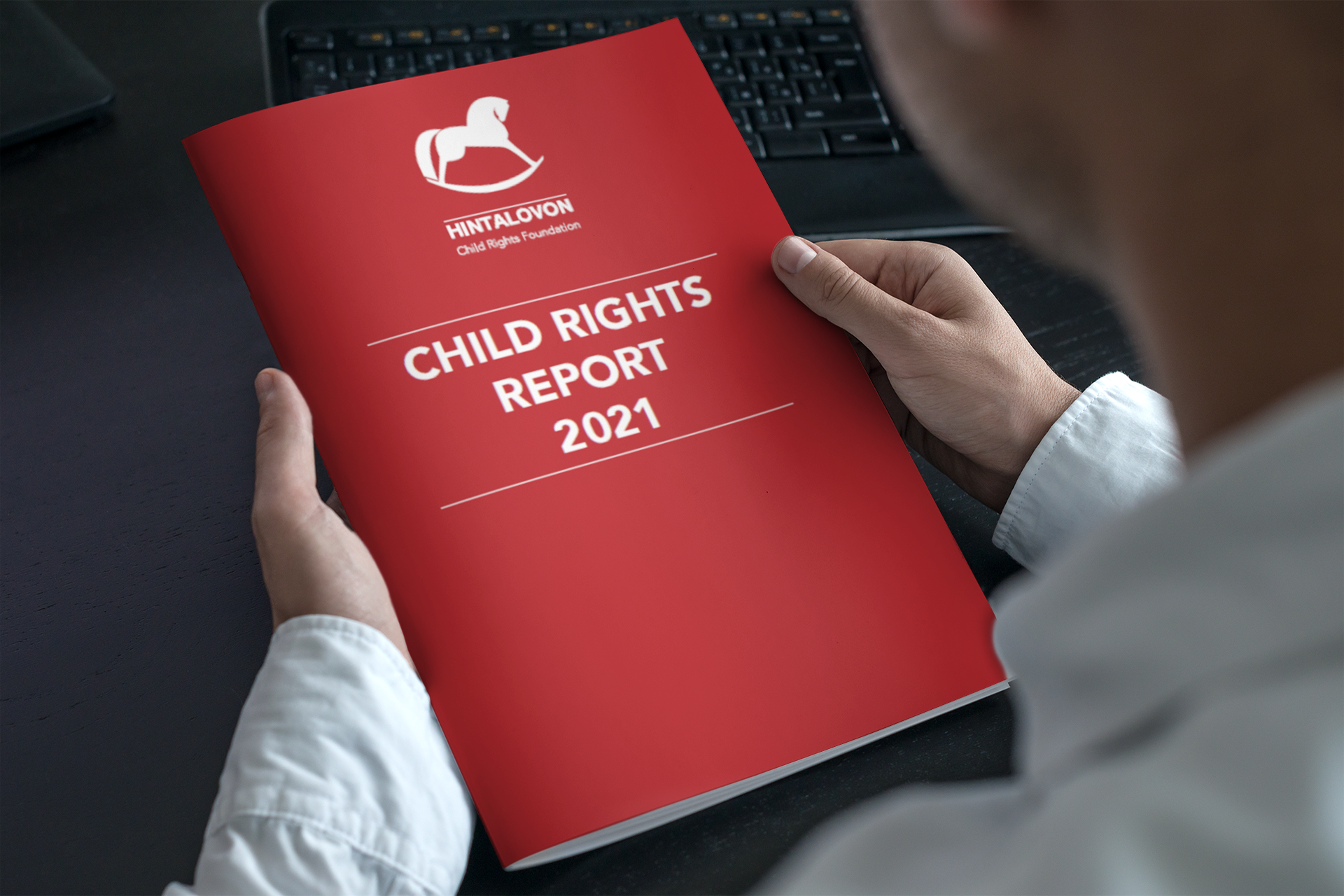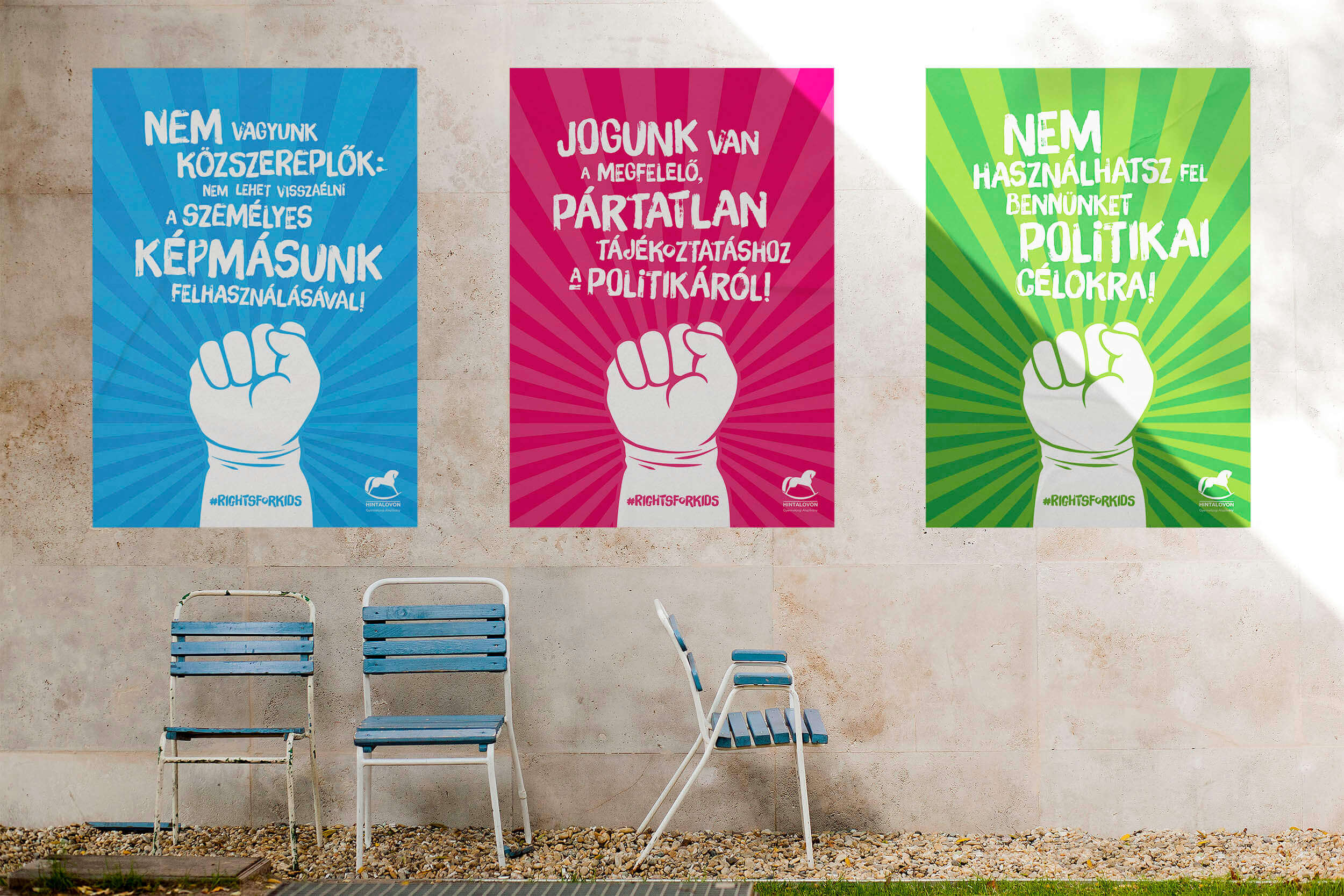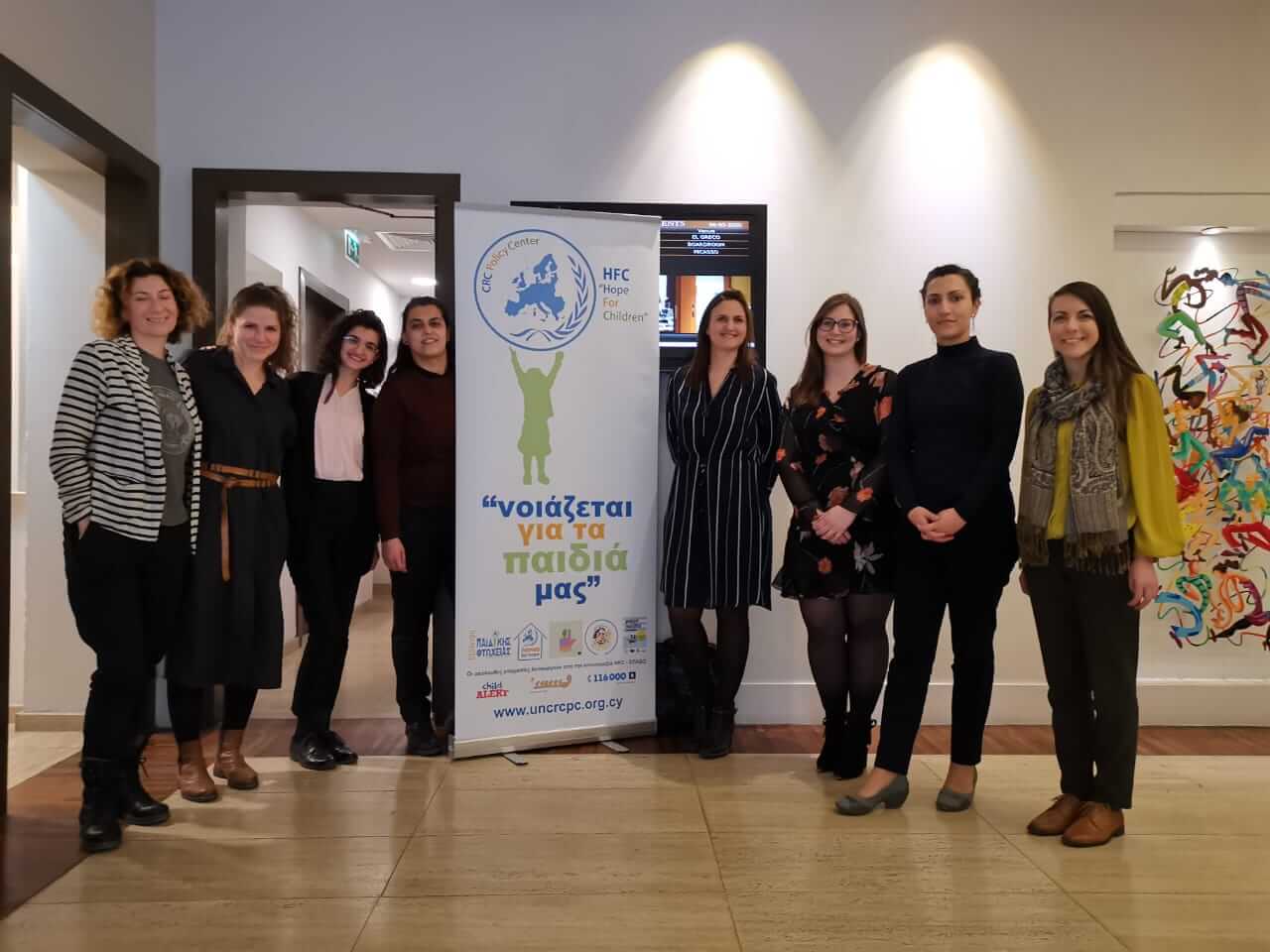The Need for a Comprehensive Approach
The Visegrad Four (V4) – a political and cultural alliance comprising Poland, Slovakia, the Czech Republic, and Hungary – plays a crucial role in addressing political and security issues in Central Europe. Due to their geographical position at the crossroads of Western and Eastern Europe, these countries are particularly important in European politics and security management. Until recently, the V4 countries regularly coordinated on political matters, aligning their positions at the EU and global decision-making levels, and consulted on security and defense issues.
When, in 2023, the Safe Online global program issued a call to better understand the characteristics of online sexual abuse against children, as well as the possibilities for prevention and effective intervention, it was clear to the Hintalovon Foundation that a regional research and development program was necessary.
In the context of online child sexual exploitation (CSEA), the V4 countries require joint research and development efforts, as their legal frameworks, institutional structures, political agendas, internet penetration rates, and key risk factors for victimization are similar. According to Europol data, the majority of child victims of sexual exploitation in Europe come from the V4 countries. Trafficking and exploitation occur through local and regional criminal networks, but unfortunately, cases involving family members or adults in positions of trust with the child are not uncommon. Online elements such as grooming are often present in the recruitment of victims, and much of the crime’s organization also occurs online.
Child trafficking and online sexual exploitation are often overlapping phenomena, and multiple victimization is common. According to the 2023 Eurobarometer survey, the population in the V4 countries is aware that children are increasingly at risk in the online space (90-94%), but far fewer recognize the widespread nature of the problem of online sexual exploitation (50-68%). This issue is not only under-recognized by the general public but also often goes unnoticed by professionals and institutions.
One particularly serious problem in the V4 countries is the lack of specialized reporting mechanisms for online sexual exploitation, as well as the unavailability of adequate victim support services. For the most vulnerable children, this poses a severe challenge, rooted in a lack of social and professional awareness and the high latency (hidden nature) of these cases – meaning that identification and reporting often do not occur.
According to ECPAT reports, the main risk factors for child sexual exploitation include poverty, young age (under 14), children growing up outside of their family in state care, belonging to gender and sexual minorities, being of Roma origin, drug use, and prior victimization. Populism and discrimination against gender and sexual minorities, as well as the Roma population – often present in public discourse and societal debates in the V4 countries – further increase the vulnerability of affected children. Boys, in particular, face greater risks in these social groups, as revealed in research we conducted in 2022.
Amid the shadow of the Russian-Ukrainian war and the increasing polarization in political and public discourse, the risk of children becoming victims, both online and offline, is growing. The WHO highlighted in its 2002 report that the risk of violence rises during periods of social division and political tension.
For all these reasons, we believe that there is an urgent need in the V4 countries for comprehensive, data-driven advocacy programs that prevent the online sexual exploitation of children. Special attention must be given to the most vulnerable children, including those affected by social exclusion. If these victims remain invisible, support systems will continue to fail to provide adequate protection, and the problems will remain hidden.
Thus, the fight against online sexual abuse of children is not only a legal and institutional challenge but also a societal responsibility that requires raising public awareness, political will, and ensuring support for the most at-risk children. Only by doing so can we bring about meaningful change in protecting children in the V4 countries and ensure that the youngest generation does not fall victim in a world where political and societal challenges pose an ever-growing threat.
This is why we are grateful for Safe Online’s support of our program, allowing us to further address the issue of online sexual abuse of children and explore potential solutions between 2024 and 2026.

